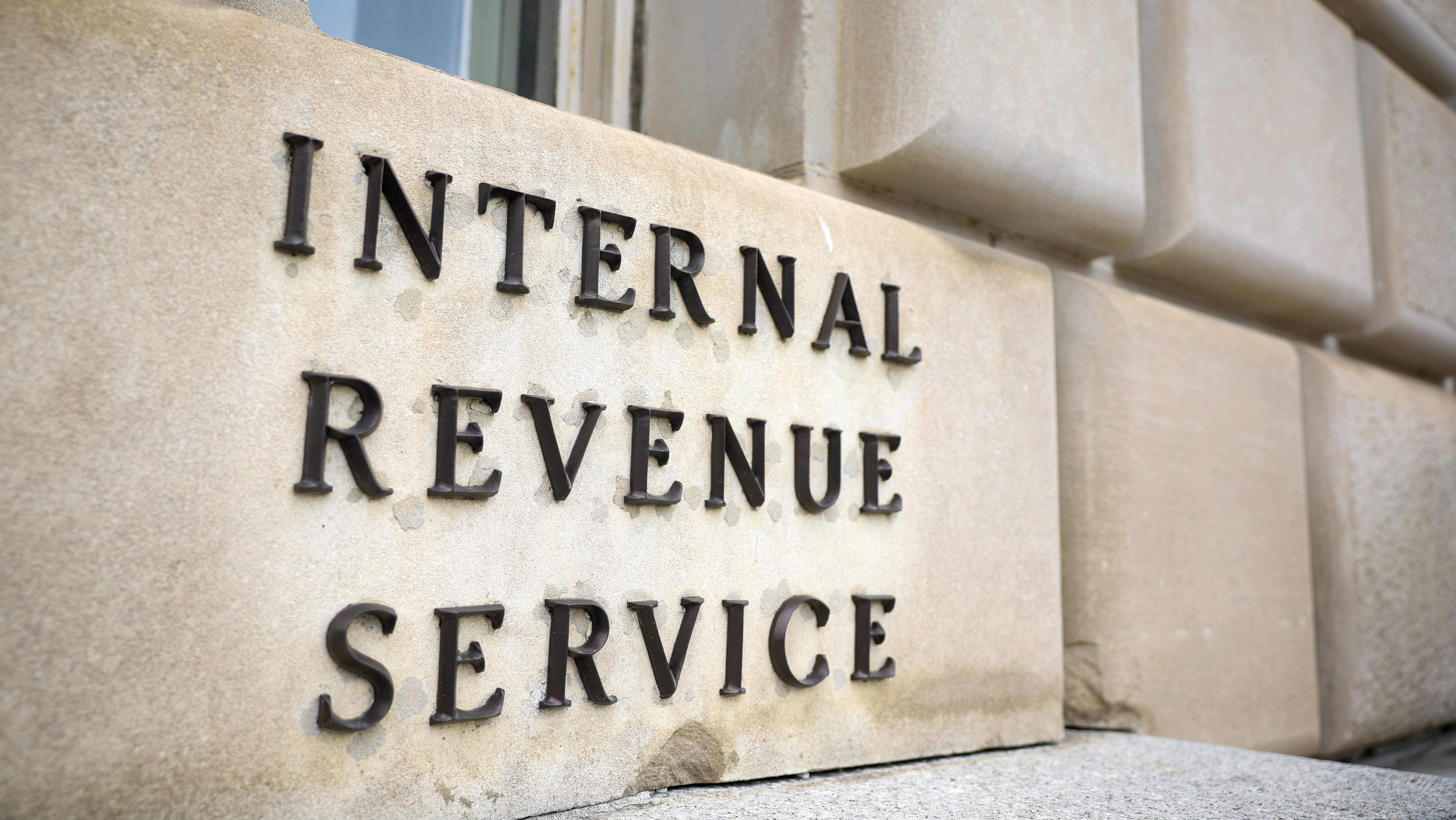Here’s a simple question for Mayor Rahm Emanuel or anyone who cares about good government in Chicago: Is anybody in City Hall reviewing or acting on aldermanic campaign finance disclosure violations right now?
And if not, how long has this been going on?
It’s a valid question. Especially since it appears that responsibility for reviewing aldermanic campaign finance disclosure forms has fallen through the cracks of Mayor Emanuel’s ethics reform laws, and no one in city government is willing to accept responsibility, provide any information or even talk about the issue.
Even worse, it’s unclear how long it’s been since any government agency, such as the Board of Ethics, has actively reviewed aldermanic campaign finance disclosure forms or if anyone is expected to do so anytime in the future.
In short, it looks an awful lot like the lights have been turned off these days when it comes to investigating aldermanic campaign finance violations.
Here’s what we know. For years, the Board of Ethics was responsible for reviewing aldermanic campaign finance disclosure forms to ensure that aldermen and their campaign contributors met the letter of the law.
In its last publicly issued report in 2009, the Board of Ethics described its function thusly:
Politics
The Board monitors contributors’ compliance … by reviewing campaign financing disclosure reports that candidates’ political committees file with the Illinois State Board of Elections (pursuant to state law). The Board compiles a database of contributors who have exceeded the limitations, then compares this database with City and “sister agency” contract records, matters referred to the City Council and/or Council committees, and lobbyists’ registration statements filed with the Board to determine whether these contributors were subject to the Ordinance’s contribution limitations during the relevant time period.
As well, each year the Board of Ethics published a report detailing the nature and number of complaints and investigations it handled, including campaign financing investigations.
Previously, the City’s old Campaign Financing Ordinance (CFO), Chapter 2-164 of the Municipal Code, assigned and authorized the Board of Ethics the responsibility for ensuring aldermanic camping finance compliance. In 2012, however, the old CFO was superseded by Article VI of the current Government Ethics Ordinance, which took effect in 2013.
Here’s where it gets tricky. Two separate versions of the Government Ethics Ordinance (Article VI) took effect 2013, one in January and one in July. In many ways, they are one and the same, except for a few key differences. For one, the January version, in the section under powers and duties, says the Board can “initiate and receive complaints of violations,” while the July version simply says the Board can only “receive and refer” complaints to an appropriate investigative authority.
In other words, the Board can now only wait until somebody sends it a specific complaint, and will then send it to someone else to investigate. According to the new rules, the Board is no longer responsible for proactively reviewing aldermanic campaign finance disclosures for violations.
And who, exactly, is the new investigative body charged with this responsibility? Well, right now, that’s unclear. Shannon Breymeier of the mayor’s press office told Ward Room that the changes enacted in July give the responsibility to investigate ethics matters to the two Inspector Generals—Joe Ferguson of the City of Chicago Inspector General’s office and Faisal Kahn of the Office of Legislative Inspector General (LIG).
For aldermanic campaign finance issues, then, that would be the LIG. “The Legislative Inspector General has the ability to receive and register complaints alleging misconduct against aldermen and city council employees, including misconduct related to the improper solicitation or acceptance of political contributions,” Breymaier said.
There’s only one problem: the LIG has had this power since it was created in 2010, but has always been restricted to waiting until someone lodges a specific complaint against a specific alderman before it can investigate. It’s not authorized to initiate investigations on its own, which means that the old practice of reviewing reports and compiling databases is beyond its purview.
That could change, however. In October, Alderman Patrick O’Connor (40th) introduced two proposed ordinances—O2013-7761 and O2013-7773—designed to empower the LIG with the power to review campaign finance filings for compliance. Nevertheless, to date the City Council has not authorized any additional budget or staff necessary for the LIG to undertake a review campaign finance disclosures, nor is there any talk that the Council expects to do so in the near future.
Worse, even if the City did move to empower the LIG with the responsibility, no one knows—or will admit to—how much of a backlog in campaign finance disclosure investigations currently exists. Both of O’Connor’s proposed ordinances contain language stating “the Board of Ethics is hereby authorized to transfer unconcluded campaign finance filing investigations that it commenced before July 1, 2013 to the city’s Inspector General or Legislative Inspector general, as appropriate.”
So—how many “unconcluded campaign finance filing investigations” are there? The truth is, no one in any branch of city government knows, or will say.
In 2009, the Board of Ethics stopped publicly reporting on it’s activities, so no ability exists for the public to determine how many aldermanic campaign finance investigations have happened since then. A review of previous years’ reports, however, show the number varied, running from 173 in 1999 to 58 in 2001, 85 in 2003 and 132 in 2007, to name a few.
In December, Ward Room reached out directly to the Board of Ethics asking for information on the number of outstanding investigation by year since 2009, and was directed to the Mayor’s press office, which refused to provide data. In January, Ward Room and NBC Chicago also sent the Board of Ethics a Freedom of Information Act, or FOIA, request. However, the Board refused to respond to the original request or repeated follow-up requests.
As well, calls to Ald. O’Connor’s office have gone unreturned.
Why does this all matter? Well, maybe it doesn't, if you’re of the belief that in Chicago, campaign contributions to incumbent alderman are unlikely to be an activity where potential ethics violations may take place.
But every year, each one of the city’s 50 alderman receives upwards of hundreds of campaign contributions from individuals and businesses alike, including those who wish to do business with the city, influence legislation or curry favor with elected officials. Only an active, engaged process with clear lines of responsibility can identify, investigate and punish potential violations to ensure compliance and foster the transparency needed for good government in Chicago.
In December, while acknowledging that the rules have changed, Breymaier said the Emanuel administration is “working with the Alderman, the Board of Ethics, and the Inspectors General to identify the most appropriate agency to conduct these investigations.”
So, then, the question becomes: When, exactly, will the lights be turned back on?



